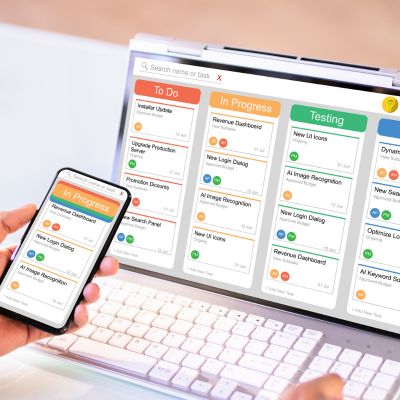System Software:
Provides core functions such as operating systems, disk management, utilities, hardware management, and other operational necessities.
Examples: Operating systems like Windows, macOS, and Linux.
Programming Software:
Gives programmers tools such as text editors, compilers, linkers, debuggers, and other tools to create code.
Enables efficient coding and debugging processes.
Application Software (Apps):
Helps users perform tasks.
Examples: Office productivity suites, data management software, media players, security programs, web, and mobile applications.
Embedded Software (Possible Fourth Type):
Controls machines and devices not typically considered computers (e.g., telecommunications networks, cars, industrial robots).
Part of the Internet of Things (IoT).
Why Software Development Matters
Online Presence and Market Differentiation:
Well-designed software distinguishes businesses and establishes an online presence.
Drives traffic, leads, and sales.
User Experience and Engagement:
Seamless, user-friendly software encourages engagement and conversions.
Enhances customer satisfaction.
Innovation and Problem Solving:
Software solutions address specific requirements and goals.
Solve real-world problems.
Writing Tips for Software Developers
Start by Writing About What You Know:
Share your expertise with the community.
Even if a topic has been covered, your unique perspective matters.
Focus on High-Quality Pieces:
Quality trumps quantity.
Impress with exceptional content.
Set Aside Regular Writing Time:
Consistency matters.
Overcome resistance by making writing a habit.









